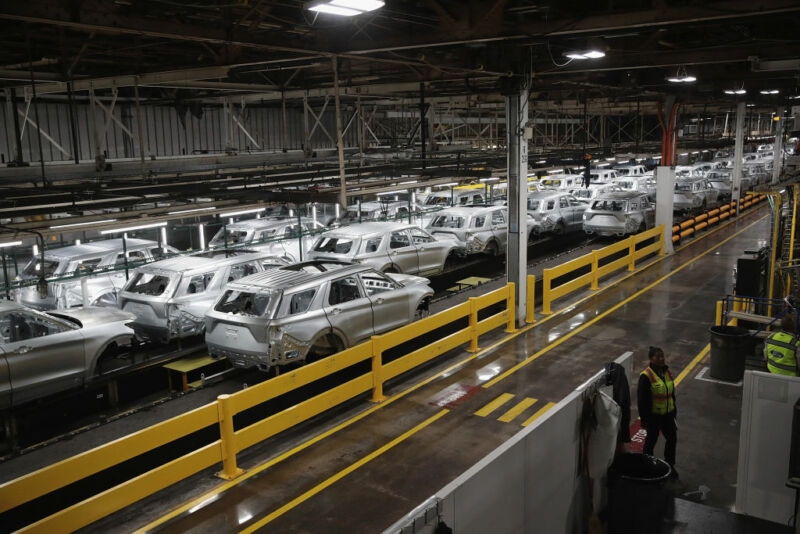-
 chevron_right
chevron_right
Automakers’ data privacy practices “are unacceptable,” says US senator
news.movim.eu / ArsTechnica · Monday, 4 December - 15:20

Enlarge (credit: Getty Images)
US Senator Edward Markey (D-Mass.) is one of the more technologically engaged of our elected lawmakers. And like many technologically engaged Ars Technica readers, he does not like what he sees in terms of automakers' approach to data privacy. On Friday, Sen. Markey wrote to 14 car companies with a variety of questions about data privacy policies, urging them to do better.
As Ars reported in September , the Mozilla Foundation published a scathing report on the subject of data privacy and automakers. The problems were widespread—most automakers collect too much personal data and are too eager to sell or share it with third parties, the foundation found.
Markey noted the Mozilla Foundation report in his letters, which were sent to BMW, Ford, General Motors, Honda, Hyundai, Kia, Mazda, Mercedes-Benz, Nissan, Stellantis, Subaru, Tesla, Toyota, and Volkswagen. The senator is concerned about the large amounts of data that modern cars can collect, including the troubling potential to use biometric data (like the rate a driver blinks and breathes, as well as their pulse) to infer mood or mental health.

